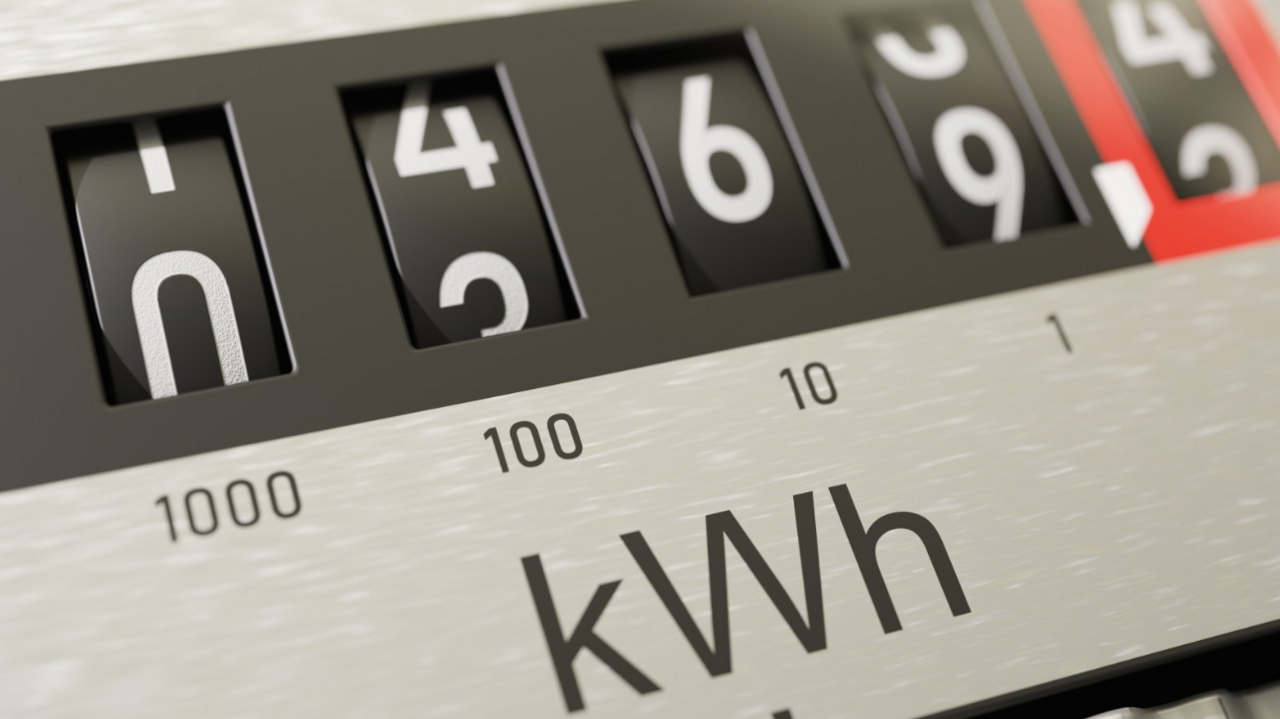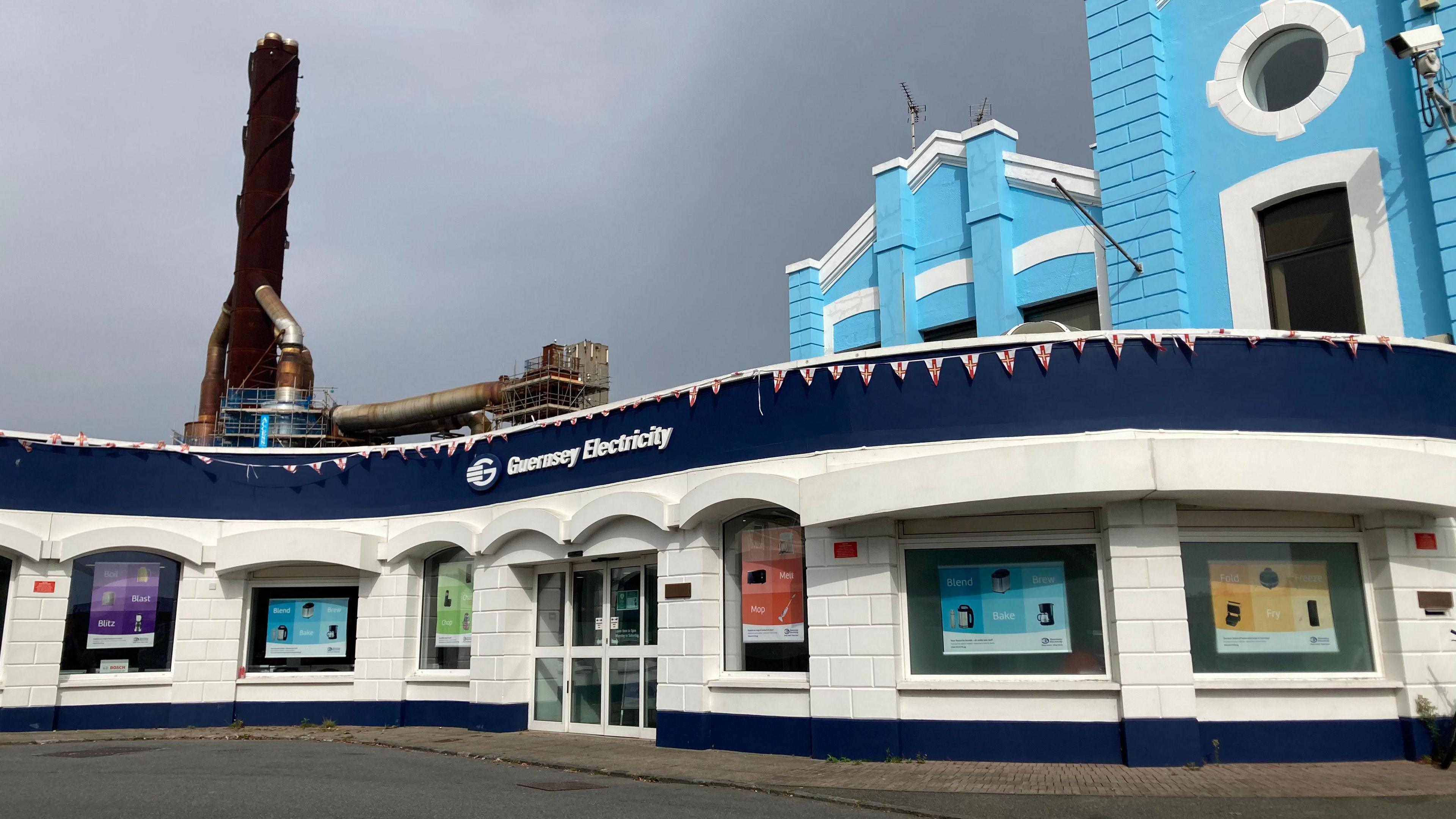Concern about impact of rising electricity prices

Garin Dart, from the Le Pommier hotel, said the increase would have to be passed on to customers
- Published
An increase in electricity prices in Guernsey has left people worried about how they will manage their bills.
In May, the States’ Trading Supervisory Board (STSB) gave approval to Guernsey Electricity (GEL) to increase revenues by 10% from 1 July.
Ahead of the rise, business owners and residents said they have concerns about the impact it would have on them with big concerns about paying the bills.
Deputy Peter Roffey, who is president of both the Committee of Employment and Social Security and the States Trading Supervisory Board, and GEL bosses said there was help for people who struggled to cope with the price increase.
Guernsey Electricity (GEL) said the average domestic customer with electric heating would have an overall increase of about £63 per quarter.
When the price increase was approved, the STSB said the decision was driven by rising costs and urgent investment which was required.
'Negative impact'
Garin Dart, general manager of the Le Pommier hotel in the Castel, said the increase would have a knock-on effect for trade as it could force them to push prices for customers up.
He said last year, the hotel spent £85,000 on electricity and the prospect of having to spend an extra 10% on an essential utility was daunting.
"The difficulty is that'll have to be passed onto the guests in higher costs for food and beverages and also for rooms," Mr Dart said.
"That can have a negative impact on the island's tourism because the room rates go up and people have to pay more, so will they come to Guernsey if it's more expensive?"
'Everything's going up'
Some island residents said the price rise would lead to them having to make some tough choices with their budgets.
Sophie Smith said the problem for her was wages were not rising at the same rate as utility bills.
"Having electricity costs going up is obviously going to be more of a pinch for people, especially the people who are not earning as much as others on the island," she said.
Another resident, who wished to remain anonymous, said the increase would make life harder and did not think it was fair to raise the prices.
They said: "I feed my children before I feed myself, which is even worse because sometimes I'm thinking 'what am I going to be eating?'.
"It's a lot harder - everything's gone up."

Deputy Peter Roffey said help was available to customers who needed it
Mr Roffey said people on low incomes could receive help to pay for their bills.
He said he understood why the rising costs would be a concern for people, but added other factors had to be considered.
"I think anything that's fundamental to our lives going up in cost is going to put more strain on the community, of course it is," Mr Roffey said.
"But we do have to pay the bills and what's happening now is that the price fixing that GEL had with Électricité de France is starting to fall away and they're having to meet the realistic costs of the world market price."
'Sharing the burden'
GEL said it recognised the cost of living continues to put pressure on customers' budgets and the firm had worked hard to keep tariff increases as low as possible while "balancing the need to deliver the investments we need to make".
Karl Brouard, GEL's chief financial officer, said: "As part of this approach, Guernsey Electricity is taking on additional debt this year to share the burden and directly minimise the impact on islanders."
Mr Brouard added customers can use a tariff calculator to see how their bills would change along with energy-saving tips.
He said anyone struggling to pay their bill can also contact GEL for further advice and help.
Follow BBC Guernsey on X (formerly Twitter), external and Facebook, external. Send your story ideas to channel.islands@bbc.co.uk, external.
Related topics
Related internet links
- Published22 May 2024

- Published24 May 2024

- Published22 July 2023
